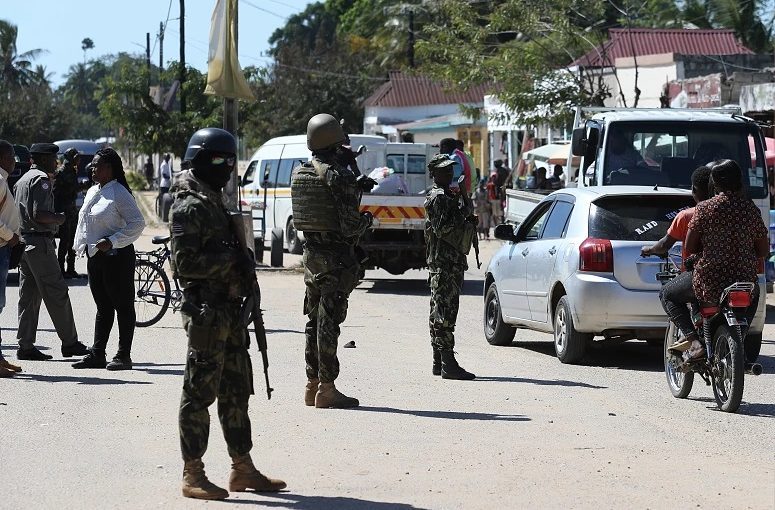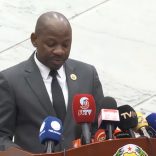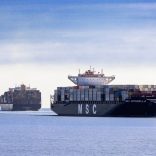Mozambique: Government approves state budget for 2026
Mozambique: Security stabilisation brings positive prospects – IMF

FILE - For illustration purposes only. [File photo: Lusa]
An IMF mission which spent two weeks in Mozambique concluded today that the stabilisation of the security situation in the north opens up positive prospects for the country in the coming years, while cautioning on the need to control internal debt.
“The security situation in northern Mozambique is much better and I would not be surprised if the major projects that are underway were restarted soon (…) We think that the future for Mozambique is bright and that there will be many opportunities,” the head of the International Monetary Fund (IMF) mission in Mozambique, Pablo Lopez-Murphy, told a press conference in Maputo.
The IMF mission was performing the third review of the IMF’s Extended Credit Facility (ECF) agreement with Mozambique. The second review, approved in July, increased the total amount already received by Mozambique to US$212.09 million (€194 million), out of a total of US$456 million (€418 million) provided for in the agreement.
The province of Cabo Delgado, rich in gas and with exploration projects led by multinationals already underway, has for six years been facing an armed insurgency that has killed around 4,000 people, according to the ACLED conflict registration project, and displaced a million, according to official data.
Although he admits that the conflict in Cabo Delgado is “unpredictable”, Pablo Lopez-Murphy concludes that, with the stabilisation of the situation since the entry of foreign forces supporting the fight against terrorism, natural gas megaprojects are a way to boost inclusive development in the country.
“It is an opportunity to address many of the development challenges that the country faces, such as, for example, health, education and infrastructure. We believe that the projects will serve to achieve more inclusive growth and development,” he declared.
Mozambique has three natural gas development projects approved in the Rovuma basin off the coast of Cabo Delgado, ranked among the largest reserves in the world.
One is led by TotalEnergies (Area 1 consortium) and work was progressing until it was suspended for an indefinite period after an armed attack on Palma in March, 2021, the French energy company declaring that it would only resume work when the area was safe.
The other is the investment led by ExxonMobil and Eni (Area 4 consortium) yet to be announced.
A third, smaller but completed project also belongs to the Area 4 consortium and consists of a floating platform for capturing and processing gas for export, directly at sea, which started operations in November, 2022.
Although it admits that the country’s internal debt remains very expensive, the IMF considers that, with the projects, long-term prospects remain positive, also highlighting the importance of the regulations adopted by the Mozambican executive to curb the burden of expenditure on adoption of the new Single Salary Table in January.
“Following budget slippages in 2022, authorities implemented a sharp correction to help get fiscal policy back on track. The domestic primary balance is forecast at 0.8 percent of GDP this year, compared with a primary deficit of 2.8 percent of GDP in 2022. Fiscal consolidation is expected to continue in 2024 (…) Maintaining budgetary discipline in 2024 continues to be critical in a context of restrictive internal and external financing conditions,” the IMF says.
But despite optimistic projections, the head of the IMF mission warns, it is necessary to guarantee political stability in the country, especially given the electoral cycle that began this year with local elections and will end with general elections next year.
“Political stability is always important for the business environment, and election years in some countries can be challenging. We hope that the country can navigate this period peacefully,” Lopez-Murphy concluded.













Leave a Reply
Be the First to Comment!
You must be logged in to post a comment.
You must be logged in to post a comment.